Effective in propaganda and mobilization
In recent years, grassroots information has been deployed synchronously in the province, promoting effectiveness through many methods. Propaganda contents focus on political tasks, socio-economic development, maintaining security and national defense. Typically, propaganda campaigns on: removing livestock from under the floor of houses; arranging administrative units at district and commune levels; preventing Covid-19; warning of natural disasters, floods, etc. have all been widely deployed.
Chairman of the Fatherland Front Committee of Bao Lam Commune, Anh Van An, said: To implement the program of moving livestock barns out from under the floors of houses, we regularly propagate and mobilize people to implement it. There were times when we walked dozens of kilometers to each household to explain the benefits of changing livestock farming practices. When people saw the obvious results, they all agreed.
Not only direct information, the propaganda system is operated in a variety of ways: local newspapers, grassroots broadcasting systems, billboards, posters, reporter conferences, social networks, electronic information pages, telecommunication messages, etc. In particular, with the development of digital technology , many communes have applied smart speaker systems, allowing people to listen to information online via mobile phones.
Up to now, 100% of communes and wards have radio stations and loudspeaker clusters to the commune, of which, the Radio Station system applying information technology and telecommunications accounts for over 84%, with more than 681 smart speaker clusters applying IP technology installed in villages and hamlets. This system helps the sound to be clear, has wide coverage, and is especially effective in warning of natural disasters and epidemics.
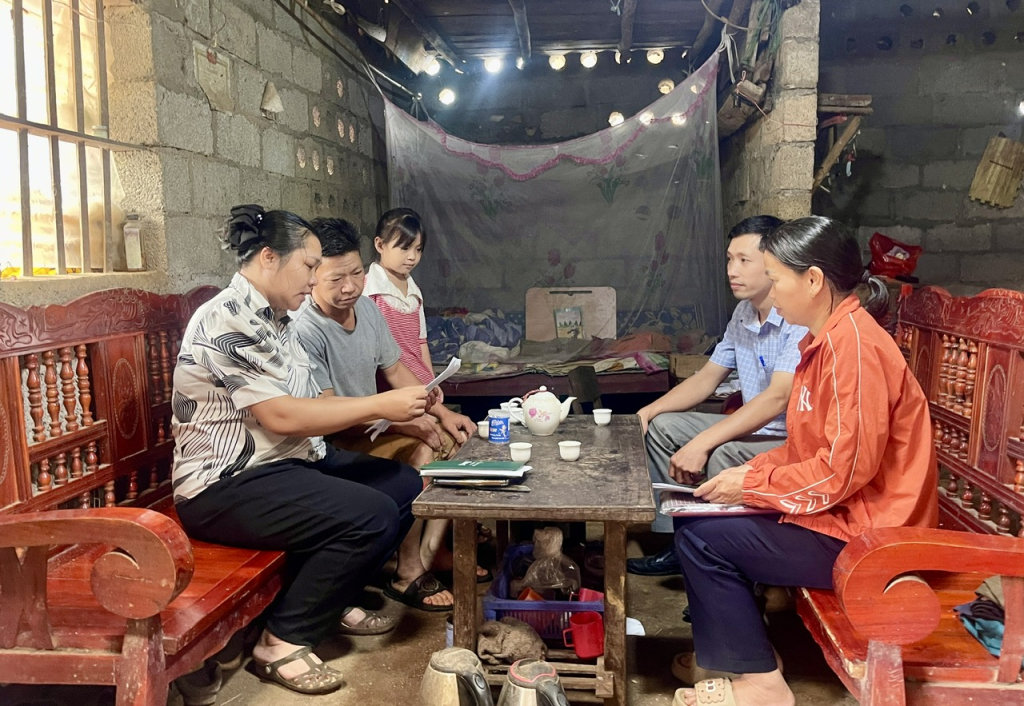
Director of the Trung Khanh Commune Culture and Communication Center Nong Ngoc Tan said: Thanks to the smart speaker system, people can listen to information directly at any time, not being bound by fixed broadcasting hours as before. This helps propaganda work faster and more effectively.
The province has built a nationwide online video conferencing system, developed more than 1,200 BTS stations, and brought 3G, 4G, 5G, and fiber optic cables to most areas, including border areas. 100% of communes and wards have websites, and many localities have proactively taken advantage of social networks, online radio, and telecommunications messaging to inform people, especially young people. The whole province currently has more than 600,000 mobile subscribers; the rate of households with fiber optic cables is 84.38%.
In addition, 6 public electronic information clusters in the central wards of the province and border gates have become the highlight of foreign information work. The visual propaganda system includes 15 large billboard clusters, 253 billboards, 14 LED screens and 159 billboard hanging points on main roads, central areas... helping people easily access information quickly and effectively.
Enhance the effectiveness of grassroots information
Despite many positive results, grassroots information work still faces many difficulties. First of all, the number of cadres and civil servants working full-time is still small, many of whom have to hold multiple positions, leading to limitations in consulting and implementing specialized work. The qualifications and capacity between localities are not uniform, affecting the quality of work. In addition, although telecommunications infrastructure has been expanded, 169/1,462 villages and hamlets in the province still have signal drops, of which 32 villages do not have electricity, causing difficulties in transmitting information, especially in emergency situations. Some broadcasting equipment has degraded and needs to be replaced. Investment funding for grassroots information work in many localities is still limited, not meeting all actual needs.
On February 24, 2025, the Provincial People's Committee issued Project No. 471/DA-UBND on reorganizing the Department of Culture, Sports and Tourism, on the basis of taking over the state management function of information, press and publishing from the Department of Information and Communications. This is an important step, contributing to streamlining the apparatus, enhancing the effectiveness and efficiency of management in the field of grassroots information.
Comrade Vu Van Chung, Deputy Director of the Department of Culture, Sports and Tourism, emphasized: Project 471 is an opportunity for the province to concentrate resources and improve the effectiveness of state management of grassroots information. The Department continues to pay attention to and focus on training and fostering staff, while promoting the application of digital technology to ensure that information reaches the people as quickly and accurately as possible.
In the coming time, the province will focus on improving the staff, civil servants, and propagandists at the grassroots level; improving capacity and qualifications, ensuring professionalism. Continue to invest in facilities and information technology infrastructure; upgrade and expand smart speaker systems to hamlets and villages without speaker clusters; overcome signal gaps. Diversify communication methods, promote the application of digital technology and social networks in propaganda work. Improve the quality of information content, focus on practical issues related to people's lives, such as: agricultural production, natural disaster prevention, environmental protection, tourism development, etc.
Source: https://baocaobang.vn/thong-tin-co-so-gop-phan-dua-duong-loi-chinh-sach-den-gan-dan-3180254.html





![[Photo] Students of Binh Minh Primary School enjoy the full moon festival, receiving the joys of childhood](https://vphoto.vietnam.vn/thumb/1200x675/vietnam/resource/IMAGE/2025/10/3/8cf8abef22fe4471be400a818912cb85)
![[Photo] Prime Minister Pham Minh Chinh chairs meeting to deploy overcoming consequences of storm No. 10](https://vphoto.vietnam.vn/thumb/1200x675/vietnam/resource/IMAGE/2025/10/3/544f420dcc844463898fcbef46247d16)





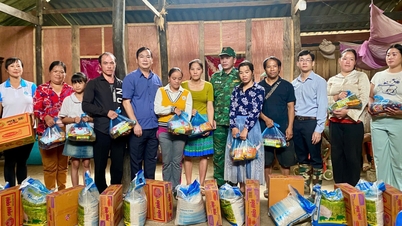
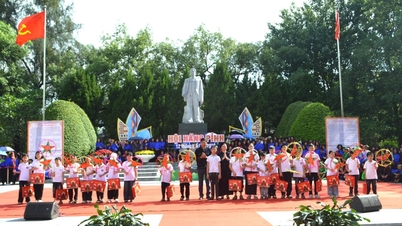

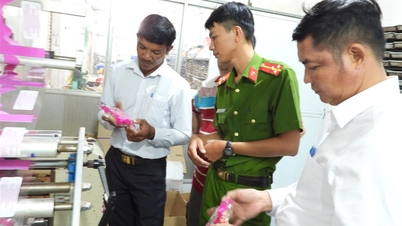






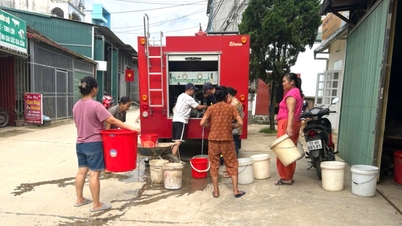

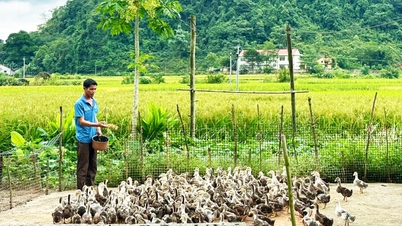

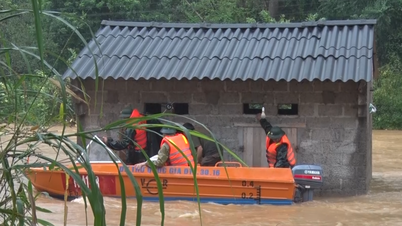
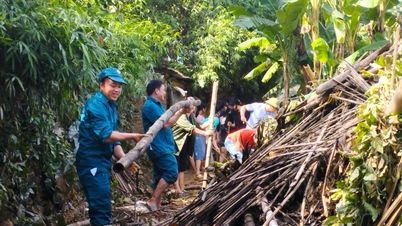




















































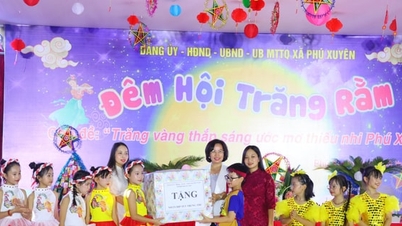
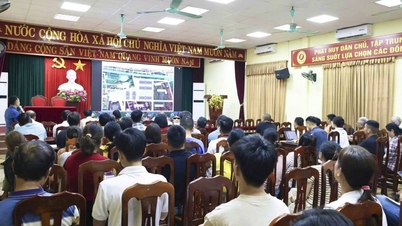

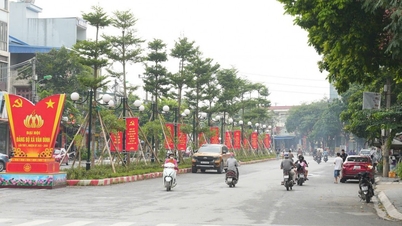
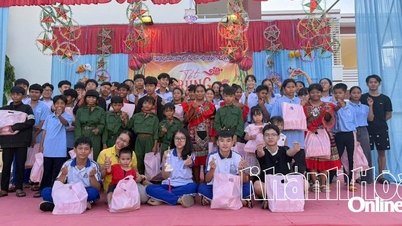

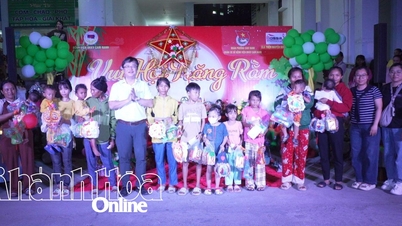












Comment (0)